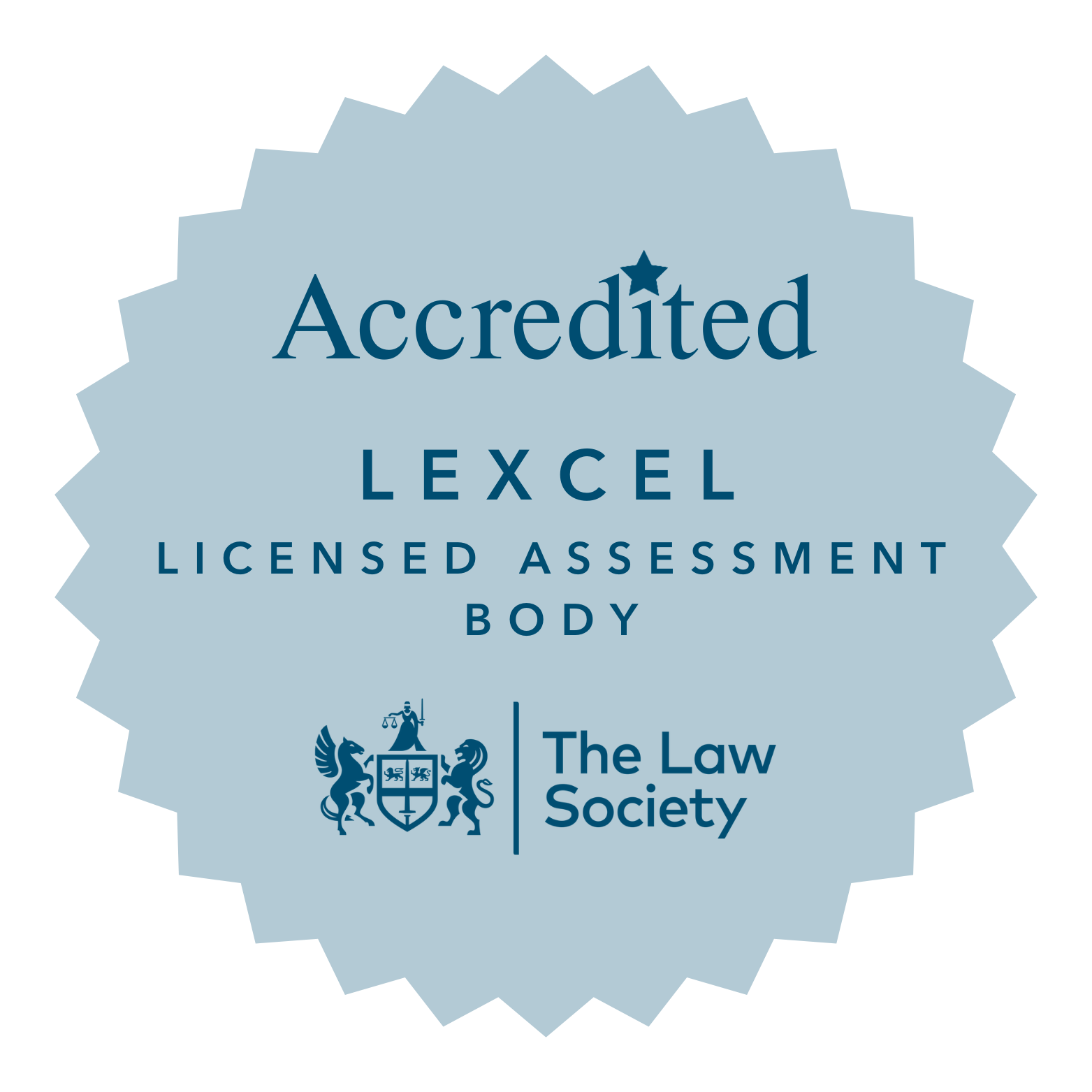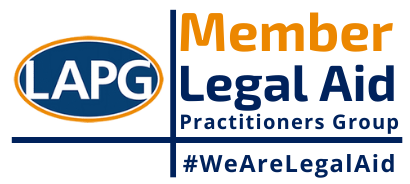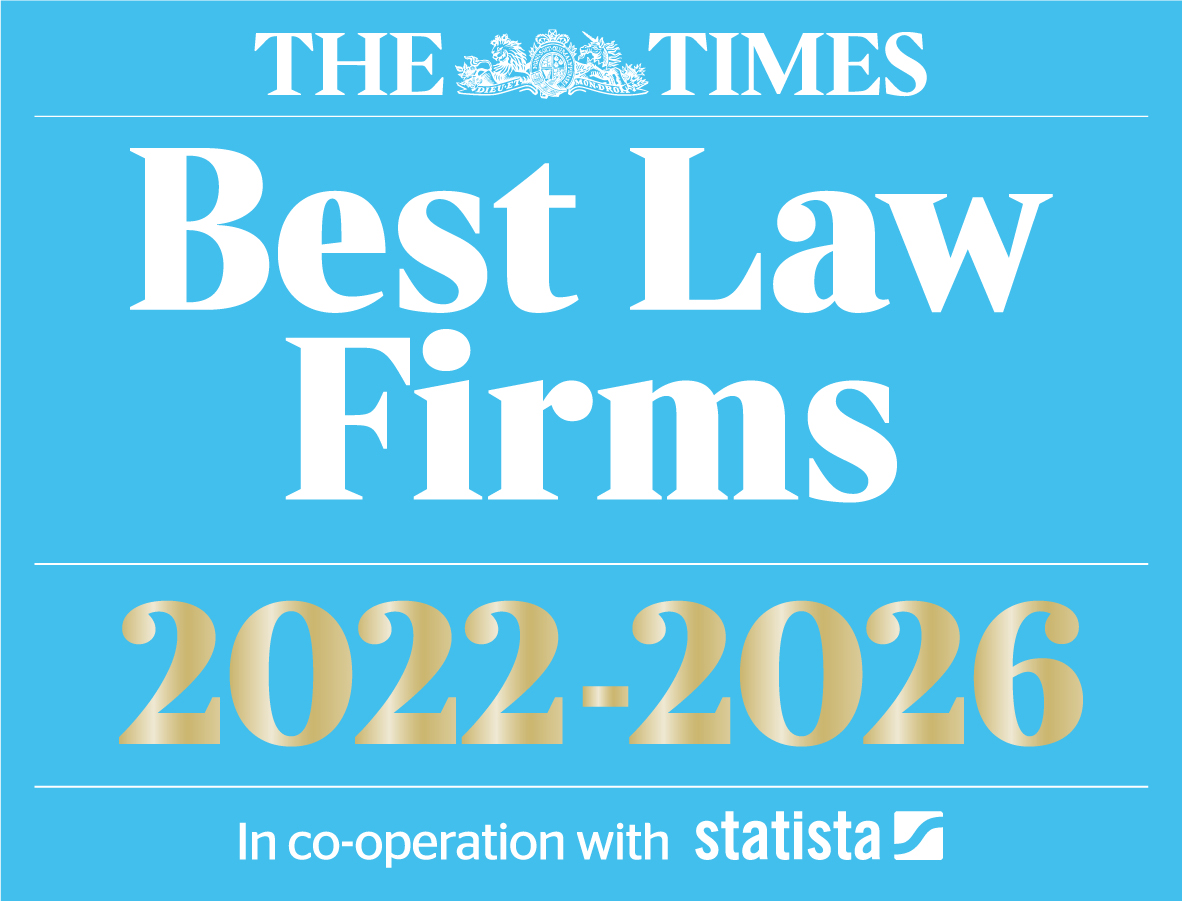Children Arrangements
When parents separate they have to make important decisions about their children’s upbringing. In our guide we have set out some legal guidance on what orders the court can make when parents are at disagreements such as parental rights and responsibilities, where the children live and how often they see the other parent.
If you can not agree the arrangements for your children then you may apply to the court (Form C100) for an order (before you do so you must consider mediation).
- Children Arrangements order: Specifies who the child shall live with (Residence) and what time the child shall spend with the other parent (Contact).
- Specific Issues order: Determines an issue such as change of a child’s name, what school a child shall attend, what medical treatment a child shall receive and whether a child shall be allowed to leave the country.
- Prohibited Steps order: Prohibits one/both parents from taking certain actions in relation to the child such as removing the child from one parent’s care and/or the country, changing the child’s name, child’s school and/or the child’s religion.
Parental Responsibility
Parental Responsibility (PR) allows all persons with PR to be involved in the important decisions in a child’s life.
What is Parental Responsibility
Parental Responsibility is the rights, duties, powers, responsibilities, and authorities which, by law, a parent has in relation to the child and the child’s property. Such as:
- Where a child should live
- Who a child shall spend time with
- Where a child should go to school
- What medical treatment a child shall have
- Changing a child’s surname name
- What religion a child shall practice
- Taking a child out of the country
Who has Parental Responsibility
- Mothers have automatic PR.
- Married fathers (at the time of the child’s birth) have automatic PR.
- Since 1st December 2003 unmarried fathers have automatic PR if their name is on the child’s birth certificate.
- Civil partners will both have PR if they were civil partners at the time of the donor insemination or fertility treatment.
How can you get Parental Responsibility
If you have no PR you will have no say in any aspect of a child’s upbringing unless you get a court order. You may get PR in the following ways:
- By entering into a PR agreement with the mother – FORM C(PR1)
- By Applying to the Court for an Order– this can be a freestanding application or with an application for a Children Arrangements order
- Or by the biological father marrying the mother
What Courts Must Consider
The court has to consider the child’s welfare and only make an order if it is in the child’s best interest. The court will consider:
- Child’s wishes and feelings (depending on the child’s age),
- Child’s physical, emotional and educational needs
- The likely effect on the child of any change in circumstances
- The child’s age, sex, background and any characteristics the court thinks relevant
- Any harm the child has suffered or is at risk of suffering
- How capable both parents are of meeting the child’s needs
- The range of powers available to the court.
There is also a presumption that it is in a child’s best interest to have both parents involved in the child’s life, unless there is good reason for no involvement.
To obtain further information on the current law relating to children and parental rights, download the guide below or contact one of our solicitors.


